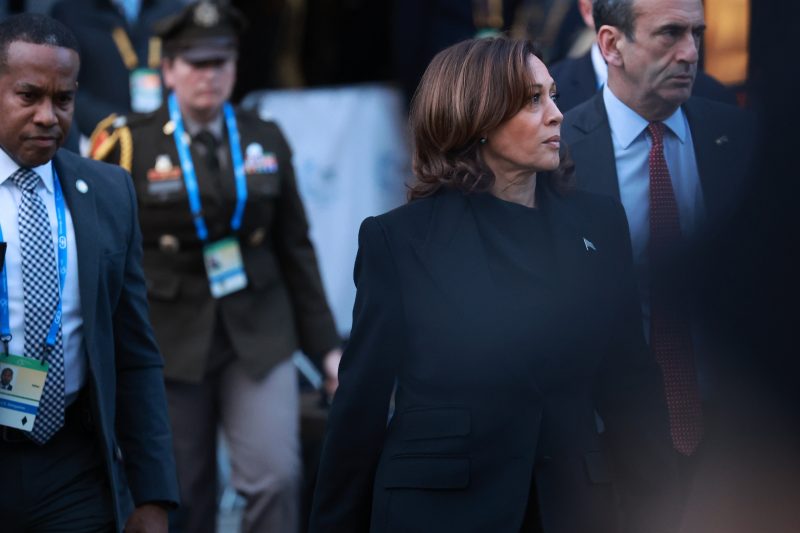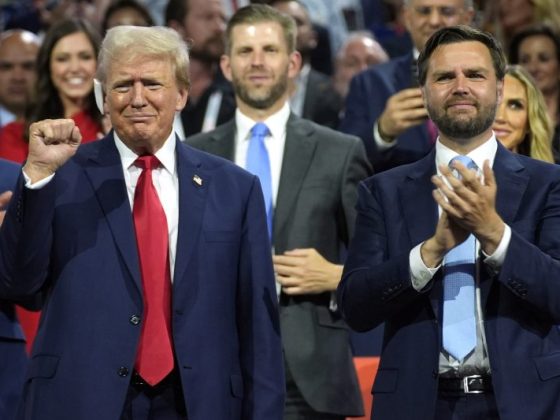In recent months, Vice President Kamala Harris has begun to step out from under President Biden’s shadow, facing a quintessential test in the realm of foreign policy. Recognizing the importance of effective diplomacy, navigation of geopolitics, and interaction with international allies, Harris is set to carve her own path and establish her stance on global matters.
One of Harris’s main challenges will be to ensure a smooth continuation of the relationship between the United States and its allies. In the previous administration, certain alliances were strained, especially with those nations in the European Union, and it falls on Harris to work towards repair and reaffirmation. While Biden is popular for his long-standing career in politics, Harris will need to prove that she is not just his sidekick but an authority in her own right with the capacity to handle these complex relationships.
Understanding the global political climate is crucial, and Harris has shown that she is not afraid of tackling pressing issues head-on. The vice president has been vocal about climate change, advocating for ingenuity in sustainable technologies and emphasizing the need for international cooperation. Given that climate change is a global concern affecting all nations, effective foreign policy is necessary in pushing these agendas forward.
In addition, Harris is also faced with the task of managing relations with America’s rivals. For instance, keeping peace with North Korea and managing competition with China both require a blend of assertiveness, diplomacy, and strategic negotiation. Harris’s history as a prosecutor may provide some insight into her approach to these high-stakes interactions. This chapter of her career required objectivity, critical analysis, and decision-making under pressure, skills potentially transferable to the foreign policy arena.
Of significant note is Harris’s role in handling migration issues at the U.S.-Mexico border. Biden has handed Harris the task of addressing the root causes of migration from Central America. It’s a job that illustrates not just her ascendant position within the administration but the tricky, high-stakes global issues that are now in her portfolio. Successful handling of these border issues will certainly solidify her place as a capable figure in foreign affairs.
The vice president’s visit to Southeast Asia presents another opportunity for Harris to make her mark in foreign policy. With countries such as Singapore and Vietnam bearing increasing importance in global economy, policy, and strategic military location, Harris’s interactions in the region are being watched closely. Her approach is likely to set the tone for America’s relations with these emerging global powers.
In conclusion, Harris’s rise from President Biden’s shadow brings her into one of the most challenging jobs in the U.S. government. It’s a test not just of her personal abilities but also of how well the United States can redefine its relationships with its allies and design a foreign policy that addresses the world’s most pressing issues. Regardless, her determination and commitment to foreign affairs have bounded her directly into the global spotlight, where her actions and decisions will undoubtedly shape the United States’ future foreign policy landscape.











